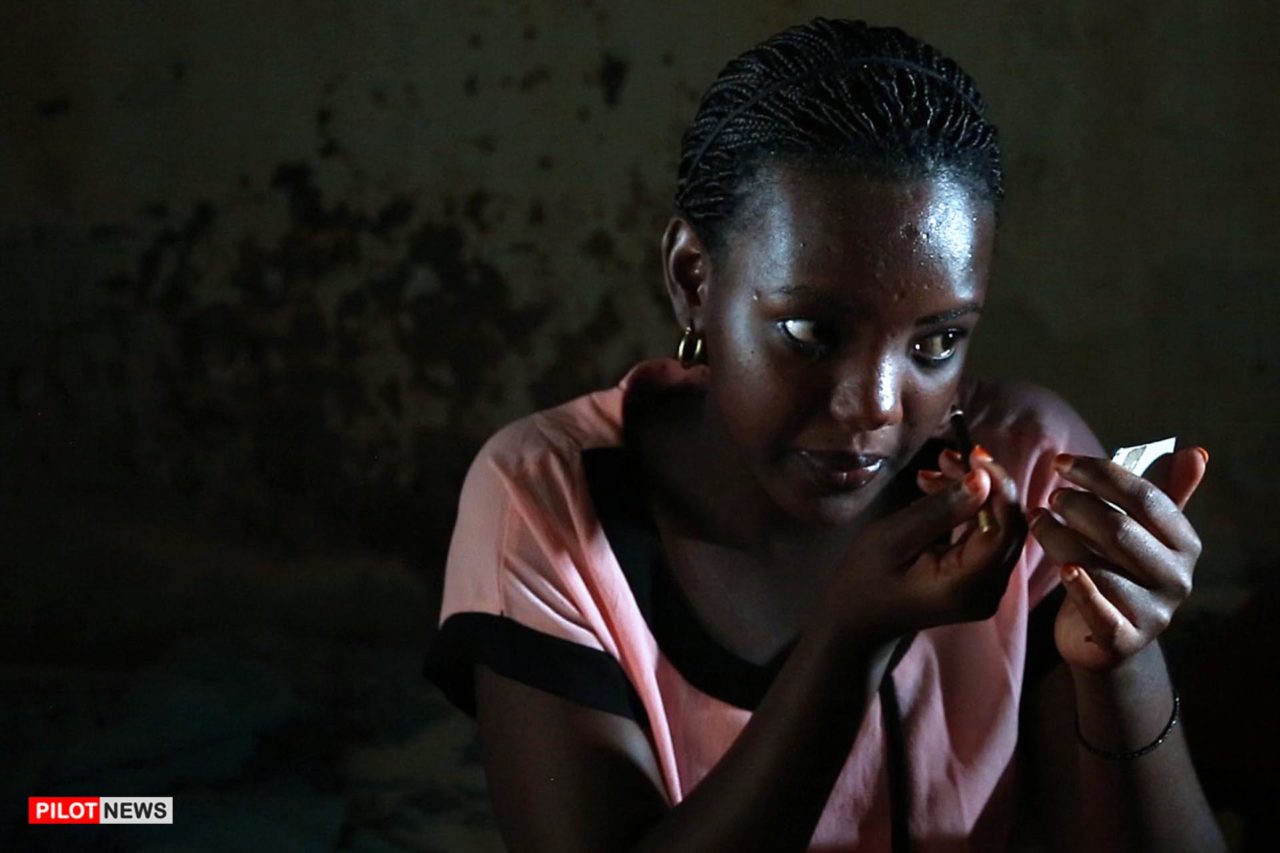The nefariousness of sexual violence is a piece of common knowledge yet the act is still thriving across the country. Under this umbrella term is a wide range of horrifying acts including child rape. The crime is perpetrated against children by persons who are often allowed to go unpunished.
Due to a prolonged legal process, Mohammed’s chances of getting justice grew thin. The 11-year-old JSS student had returned home, faeces running down his butt after he was raped by a member of his community. The incident occurred in June 2019 but five months afterward, the case remained unsolved. Although the case was taken to court, the hearing was postponed endlessly till his father grew weary.
Similarly, in January 2020, Maimuna Alayi woke up to the aftermath of a sexual assault on her three-month-old baby.
She had slept with the baby and four other children at her house in Lafiya in Nasarawa state. Due to the heat in her house, she slept leaving her door ajar for fresh air only to find her baby in an uncompleted building. The three-month-old baby had been stolen from her side and assaulted in an uncompleted building by a 30 years old man.
One year after the pedophile was arrested, the case is still dragging in court, justice is delayed.
Why silence culture is thriving
The failure of the police and the judicial system to adequately tackle rape and other forms of rape is strengthening the perpetrators. When perpetrators are left to roam the street, Justice is not only denied, other children are exposed to the risk of being violated.
According to a report by Amnesty Nigeria, rape persists at crisis levels due to failure to adequately tackle the crime. The report noted that the police’s failure to investigate sexual violence deprives survivors of justice.
The report pointed out that outdated laws, discrimination of victims also play a major role in letting rape perpetrators off the hook.
“Not only are women and girls being raped in Nigeria, but when they are brave enough to come forward, they are being dismissed by police officers as liars and attention-seekers – slurs which inflict further injury.
“Despite Nigeria’s international human rights obligation to enact, implement and monitor legislation addressing all forms of violence against women, women and girls continue to face discrimination in law and practice.
“The definition of rape under the Criminal Code, which is applicable in the southern part of Nigeria, and the Penal Code, which is applicable in northern Nigeria, are both outdated. The Violence Against Persons Prohibition Act expanded the scope and definition of rape but was silent on consent.
Notwithstanding expanding the legal scope of the definition of rape the Violence Against Persons Prohibition Act and other laws have limited jurisdiction. Even in states where the Act and other laws have been domesticated, there has been no enforcement or implementation,” the report said.
The report also noted that victims’ fear of being disbelieved, blamed, and stigmatized often prevents them from seeking justice or support.
Disturbing figures on rape
In Nigeria, hundreds of rape cases are reported annually with only a few reported cases of conviction. The institutions established to safeguard the victims and ensure justice have continually frustrated and allowed culprits off the hook.
In 2017, the Nigeria Bureau of Statistics recorded 2, 279 rape cases and indecent assault were reported to the country’s police.
According to the United Nations Women, 11,200 rape cases, including children who were raped to death, were reported within 2020 and 2021.
The imposition of lockdown to Covid-19 in 2020 triggered a rise in cases of rape. 717 incidents of rape were recorded between January and May of that year. About 3,600 cases of rape were reported during the lockdown. But only 32 convictions were reported between 2019 and 2020.
Although a state of emergency on sexual violence was declared in states, not much progress was recorded.
In Nigeria, 25 percent of girls and 17 percent of boys experience one form of sexual violence or the other before the age of 18. 1 in 4 female children have been sexually assaulted before the age of 18. Less than 5 percent receive support or assistance.
Long term effect of child rape
Rape is a traumatic experience with both immediate and lasting effects on victims. The act can affect psychologically, emotionally, and also physically for many years.
A study correlated childhood rape with higher levels of depression, guilt, shame, self-blame, eating disorders, isolation and anxiety. Patterns of repression, depression, and anxiety are also indicated as long-term symptoms notable among child sexual abuse survivors.
“Survivors often experience guilt, shame, and self-blame. It has been shown that survivors frequently take personal responsibility for the abuse. When the sexual abuse is done by an esteemed trusted adult it may be hard for the children to view the perpetrator in a negative light, thus leaving them incapable of seeing what happened as not their fault.
“Survivors often blame themselves and internalize negative messages about themselves. Survivors tend to display more self-destructive behaviors and experience more suicidal ideation than those who have not been abused.
“Stress and anxiety are often long-term effects of childhood sexual abuse. Childhood sexual abuse can be frightening and cause stress long after the experience or experiences have ceased,” the study revealed.
Many times, survivors experience chronic anxiety, tension, anxiety attacks, and phobias.
- Breaking: Ohanaeze President General, George Obiozor, confirmed dead - December 28, 2022
- US to support NDLEA on improved intelligence gathering capacity - December 27, 2022
- Why diversified HIV/AIDS prevention tools matter for women - December 26, 2022

